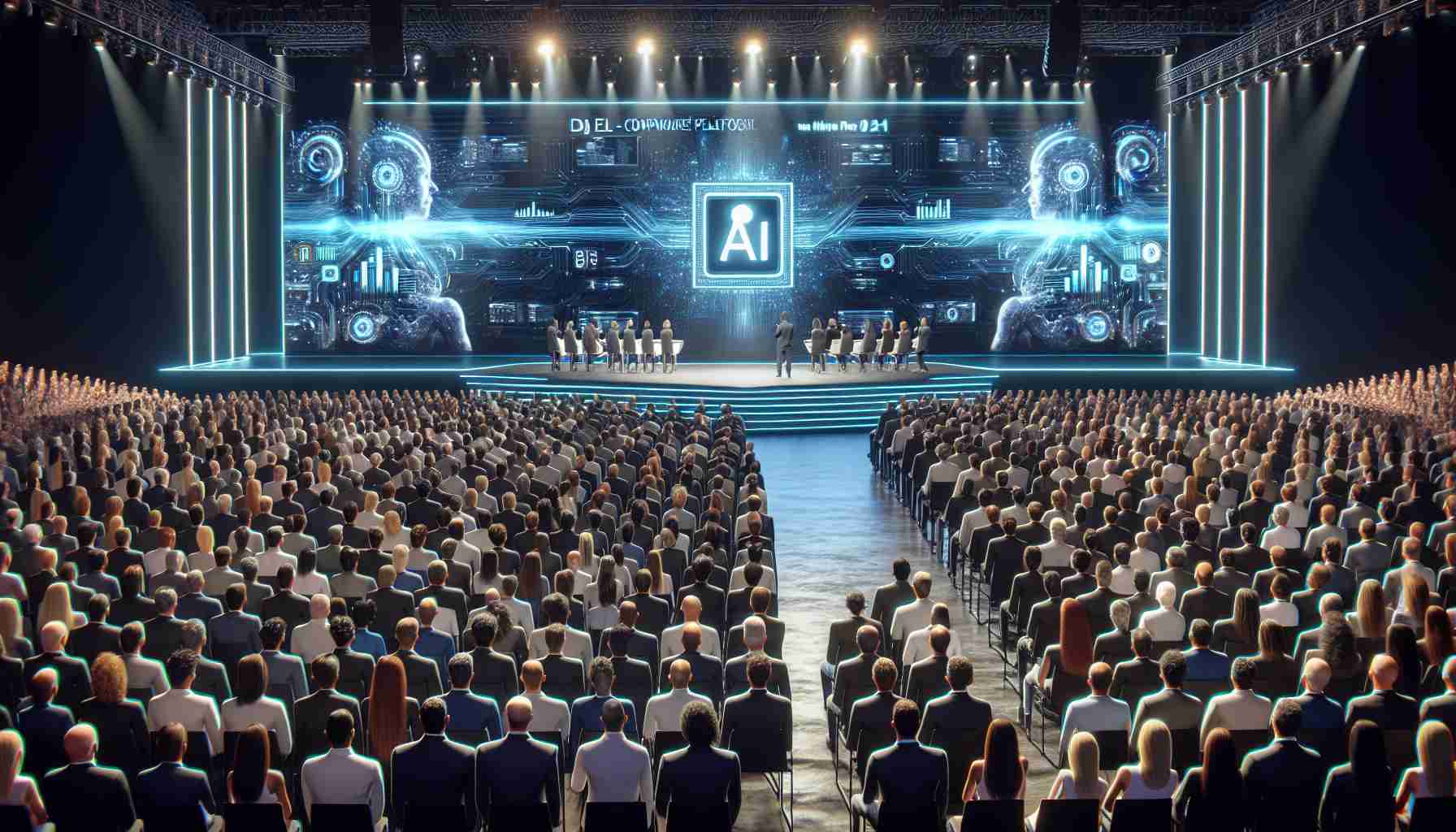Microsoft’s Windows Evolves into a Generative AI Foundation
Microsoft’s annual event, Microsoft Build 2024, which began on May 21, 2024, marked a significant shift in computing paradigms. The tech giant announced an array of new features centered around generative artificial intelligence (AI), extending beyond traditional cloud-based AI services. These advancements emphasize running generative AI applications directly on Windows devices.
Envisioning the “AI era’s Win32 API”
The implications of Windows enabling generative AI capabilities are vast. Microsoft’s initiative is seen as the answer to emerging needs in the age of AI. The next generation of applications built on Windows is expected to catalyze process automation like never before, through the use of advanced AI agents.
What was once envisioned as the realm of cloud computing has now taken a leap onto personal computers, heralding a new frontier for how both individuals and businesses interact with AI technology. With a platform that now supports the generation of AI-driven content and decision-making on local devices, Windows is set to revolutionize the user experience and enhance productivity.
Key Challenges and Controversies
One key challenge with integrating AI capabilities directly into an operating system like Windows is ensuring user privacy and data security. There are concerns that AI systems could inadvertently expose sensitive user data or introduce vulnerabilities. Moreover, ensuring these advanced capabilities are accessible without compromising system performance is essential, particularly for users with older hardware.
Controversies often stem from the fear of AI replacing human jobs, particularly in sectors that could be heavily automated with advanced AI agents. Additionally, there may be issues around the ethical use of AI in generative applications, such as deepfakes or creating misleading content.
Advantages
The advantages of having AI integrated into Windows are plentiful:
– Enhanced Productivity: AI can automate mundane tasks, enabling users to focus on more complex problems.
– Accessibility: Local AI eliminates the need for constant cloud connectivity, benefiting users with poor internet access.
– Personalization: Generative AI can tailor experiences and content to individual user preferences and needs.
– Innovation: A new generation of applications could be developed to harness the power of local AI, spurring innovation across industries.
Disadvantages
Conversely, there are several disadvantages to consider:
– Resource Intensity: Running AI locally may require significant computational resources, potentially alienating users with less powerful hardware.
– Security Risks: Integrating AI into the OS could introduce new cybersecurity vulnerabilities.
– Economic Impact: The automation of jobs may lead to unemployment or require workforce retraining in certain sectors.
– Ethical Considerations: The generation of content by AI opens up the potential for misuse, including the creation of false or misleading information.
Related Links
For more information on Microsoft and its initiatives, you may visit the Microsoft homepage:
– Microsoft Homepage
Given the novelty of Microsoft’s announcement and the fact that it pertains to future technology, there are no direct articles to refer to; however, exploring Microsoft’s official website would provide the most current information regarding their AI capabilities and Windows platform updates.

